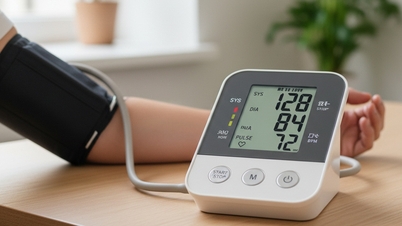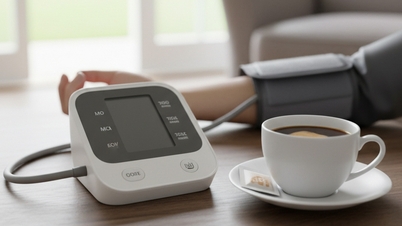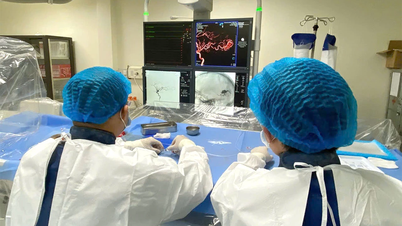Here are some early warning signs that you may have kidney disease and need to get tested immediately.
1. Dry and itchy skin
Dry and itchy skin can be a sign of advanced kidney disease. As kidney function declines, toxins tend to build up in the body, leading to itchy and dry skin.

When kidney function declines, toxins tend to build up in the body, leading to itchy and dry skin.
2. Frequent urination
Urinating more frequently, especially at night, can be a sign of kidney disease. An increased urge to urinate can be a result of damage to the kidney filters. This symptom can also be a sign of a urinary tract infection or an enlarged prostate.
3. Eye bags
This is one of the earliest signs of kidney disease. It is especially prominent in people who have significant protein leakage through the kidneys. Loss of protein from the body reduces intravascular pressure and leads to fluid accumulation around the eyes.
4. Swollen ankles and feet
As kidney function begins to decline, sodium is retained, causing swelling in the legs and ankles. This can also be a symptom of heart disease, liver disease, or persistent leg vein problems.
5. Reduces appetite
Accumulation of toxins like urea, creatinine, acid, reduces appetite. Also, as kidney disease progresses, it can cause a metallic taste. If you feel full early despite eating very little, you need to get your kidney function assessed, according to Times Of India.
6. Nausea and vomiting in the early morning
One of the early signs of worsening kidney function is nausea in the early morning, especially while brushing your teeth.
7. Foamy or bloody urine
Excessive foam in urine, especially foam that takes several flushes to clear, indicates protein in the urine. When the kidney's filtering mechanism is damaged, protein and blood cells begin to leak into the urine. If you notice changes in the color, consistency, or consistency of your urine, you should see a kidney doctor as soon as possible, according to the National Kidney Foundation's Kidney.org website.
8. Cramps
Electrolyte imbalances can result from impaired kidney function. For example, low calcium levels and poorly controlled phosphorus can contribute to muscle cramps.
Finally, even if you do not notice any signs, people with diabetes, high blood pressure, a family history of kidney failure or are over 60 years old... need to have a kidney test every year.
Source link





![[Photo] President Luong Cuong receives President of the Senate of the Czech Republic Milos Vystrcil](/_next/image?url=https%3A%2F%2Fvphoto.vietnam.vn%2Fthumb%2F1200x675%2Fvietnam%2Fresource%2FIMAGE%2F2025%2F11%2F20%2F1763629737266_ndo_br_1-jpg.webp&w=3840&q=75)
![[Photo] National Assembly Chairman Tran Thanh Man holds talks with South Korean National Assembly Chairman Woo Won Shik](/_next/image?url=https%3A%2F%2Fvphoto.vietnam.vn%2Fthumb%2F1200x675%2Fvietnam%2Fresource%2FIMAGE%2F2025%2F11%2F20%2F1763629724919_hq-5175-jpg.webp&w=3840&q=75)
![[Photo] Lam Dong: Panoramic view of Lien Khuong waterfall rolling like never before](/_next/image?url=https%3A%2F%2Fvphoto.vietnam.vn%2Fthumb%2F1200x675%2Fvietnam%2Fresource%2FIMAGE%2F2025%2F11%2F20%2F1763633331783_lk7-jpg.webp&w=3840&q=75)







































































































Comment (0)